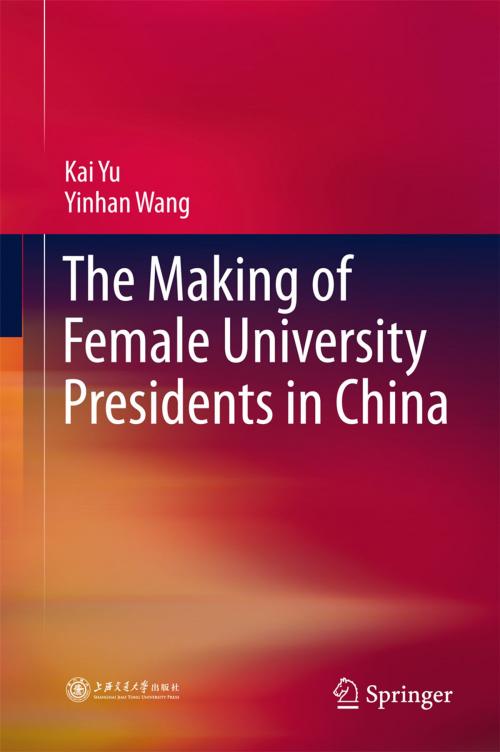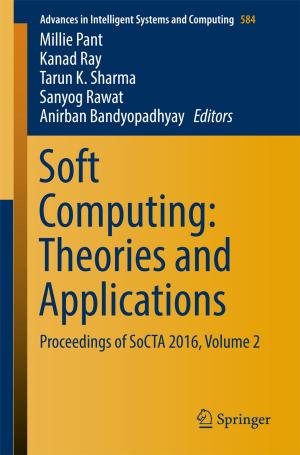The Making of Female University Presidents in China
Nonfiction, Reference & Language, Education & Teaching, Higher Education, Administration| Author: | Kai Yu, Yinhan Wang | ISBN: | 9789811072277 |
| Publisher: | Springer Singapore | Publication: | February 26, 2018 |
| Imprint: | Springer | Language: | English |
| Author: | Kai Yu, Yinhan Wang |
| ISBN: | 9789811072277 |
| Publisher: | Springer Singapore |
| Publication: | February 26, 2018 |
| Imprint: | Springer |
| Language: | English |
This book provides readers a comprehensive overview of the role of female higher education administrators in China. On the basis of more than 7,500 collected CVs, it compares and discusses different groups of female university administrators in China.
The study found that the number of female university administrators in China is far lower than that for their male counterparts with a majority serving as deputies to more senior leaders. Female administrators have more political responsibilities, which are important in China, than administrative responsibilities.
Using logistic regression models, the authors analyse and discuss factors that have negative impacts on the career paths of female administrators. Furthermore, by examining their biographies, the authors give suggestions on characteristics that helped these female administrators succeed.
The book is intended for researchers and students who are interested in higher education in China. More specially, it will benefit those readers who are interested in the topics of gender equality in China’s higher education administration and the role of female administrators in higher education. Additionally, the information provided here could help policymakers and university administrators, in China and around the world, to make more informed decisions.
This book provides readers a comprehensive overview of the role of female higher education administrators in China. On the basis of more than 7,500 collected CVs, it compares and discusses different groups of female university administrators in China.
The study found that the number of female university administrators in China is far lower than that for their male counterparts with a majority serving as deputies to more senior leaders. Female administrators have more political responsibilities, which are important in China, than administrative responsibilities.
Using logistic regression models, the authors analyse and discuss factors that have negative impacts on the career paths of female administrators. Furthermore, by examining their biographies, the authors give suggestions on characteristics that helped these female administrators succeed.
The book is intended for researchers and students who are interested in higher education in China. More specially, it will benefit those readers who are interested in the topics of gender equality in China’s higher education administration and the role of female administrators in higher education. Additionally, the information provided here could help policymakers and university administrators, in China and around the world, to make more informed decisions.















